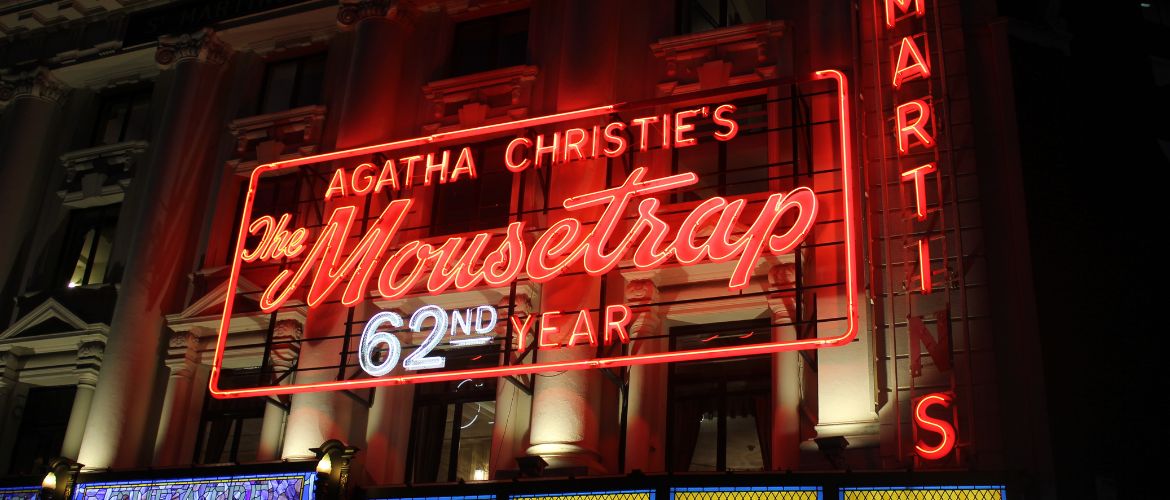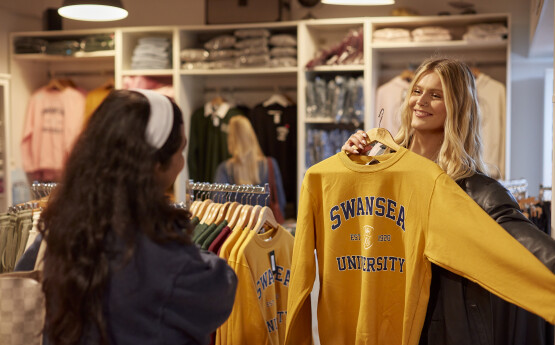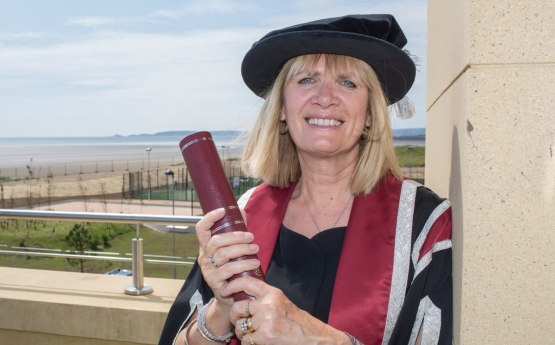Renxiao (Richard) Zhang. Lawyer and Theatre Company Operator
LLM, International, Commercial and Maritime Law
Class of 2015

Bridging Cultures Through Theatre: A Chinese Perspective
I was born into a family with a great atmosphere of art and culture. My parents have operated a reputable, family-owned theatre company for over 30 years. As such, I was exposed to various theatrical productions from an early age. However, during my school days, I became interested in law. After graduating from ECUPL (one of the top law schools in China), I worked for a law firm handling maritime cases. I was confused about my career path. A legal profession requires rationality, while art requires sensibility and inspiration. I faced a dilemma: continue to work as a lawyer or take over my family's business. At that time, my parents suggested that I should seek further education and consider the possibilities in the UK.
Studying at Swansea University gave me an opportunity to combine legal knowledge with my career development. It afforded me not only the skills to review contract terms, but also new ideas about expanding our family’s business. Before I went to the UK, our theatre mainly performed dramas written by Chinese authors. Professor Andrew Beale O.B.E. introduced us to the concept of open innovation and intellectual property trading platforms on the intellectual property law course. I was inspired to get in touch with an international transaction platform of copyright licensing, from which I obtained licences to create Chinese versions of more than 20 outstanding western productions. These included Agatha Christie’s The Mousetrap and A Murder is Announced, the Halloween Game, Perfect Crime (the longest-running drama in New York City), and the other well-known detective dramas on the West End and Off-Broadway.
Inspired by the success of our company, more Chinese theatres began to introduce dramas and musicals from the West End. The audiences were attracted to UK plays and even travelled to London to see their original versions. Given the uncertainty of the 21st century, mutual appreciation, understanding and friendship between different cultures are more precious than diamonds. There is a Chinese proverb that says, "a thousand mile journey begins with a single step." Since studying at Swansea, I have been contributing to cultural communication between China and the UK on a practical level.
The western plays have been very well received by the Chinese audience. In fact, China has a large community of detective play enthusiasts. Back in 1999, some Chinese fans of Agatha Christie established the 'Agatha Christie Chinese Homepage,' a platform dedicated to discussing her novels and plays. While we have explored a variety of dramatic themes, it's the West End mysteries that continue to captivate our audiences the most.
Most outstanding theatre productions are deeply rooted in the cultural background of their authors' homelands, yet their themes often resonate and are easily understood by audiences from different cultures. The works of Shakespeare and Tang Xianzu, for instance, have consistently been embraced by both British and Chinese audiences alike. The philosophical depth and beauty embedded in these works possess a timeless value and a universal charm that transcends geographical boundaries. They embody a blend of the classical and the modern, the national and the global, speaking to human experience in a way that is both culturally specific yet universally relatable.

The most significant challenge in importing foreign theatre productions is translating the script into a target language that is not only easily accepted and understood by the audience but also accurately reflects the original author's intent. The esteemed Chinese translator, Mr. Yan Fu, pointed out that a translation should achieve fidelity, clarity, and elegance. These criteria, while seemingly straightforward, demand a profound understanding of the cultural background of the source language's country and the target language's country.
However, playing productions across cultures also brings us some opportunities. Working with artists from different cultures can provide fresh perspectives on storytelling and performance and a production that resonates with multiple cultures can potentially reach a wider and more diverse audience.
Sharing cultural insights helps people understand others better. When studying in the UK, I often shared my experiences through social media (We-chat) and participated in Swansea University's Chinese Alumni activities. After returning to China, we regularly gather to share stories of interest in the UK and to exchange opportunities in career development. Even if the future is full of thorns and thistles, happy memories of study in the UK will lead your path like a Polaris Star. I always suggest my younger friends consider studying in the UK if they wish to experience a different culture and give them tips on this and the best channels to find internship opportunities.
What makes Swansea University special is its location in Wales. Before I came to Swansea, I thought of Wales as a geographical term in books, but as I became more familiar with this land, I came to realise the unique charms of Wales; it has independent language, an excellent football team, a history as old as continental Europe, majestic mountains and coastline, and the poetry of Dylan Thomas. I was working in London during Euro 2016, and I was very encouraged by the fact that Wales were in the quarterfinals. When I returned to China, I joined the Wales Football Fan China Club with my classmates. Thanks to our efforts, my friends in China are now getting to know and love the Welsh football team and even learning Welsh.


